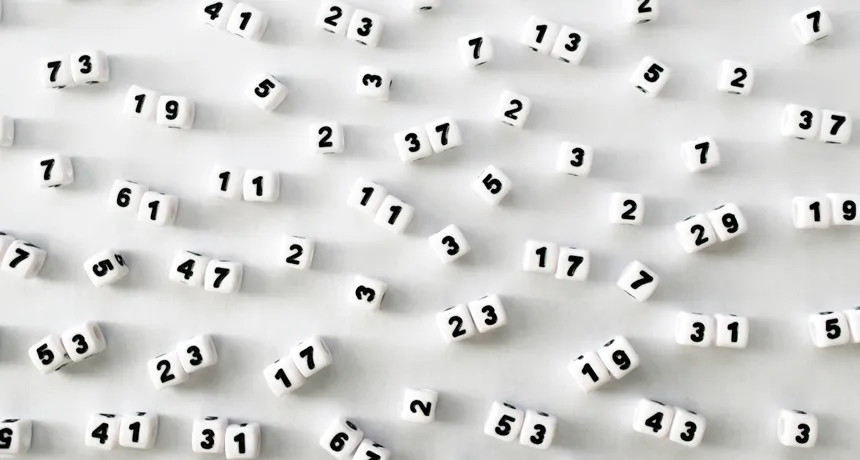The largest known prime number has 23 million-plus digits
An electrical engineer from Tennessee made the discovery

PRIME TIME The largest known prime number has more than 23 million digits — a new record.
Robert Brook/Getty
An electrical engineer from Tennessee made the discovery

PRIME TIME The largest known prime number has more than 23 million digits — a new record.
Robert Brook/Getty